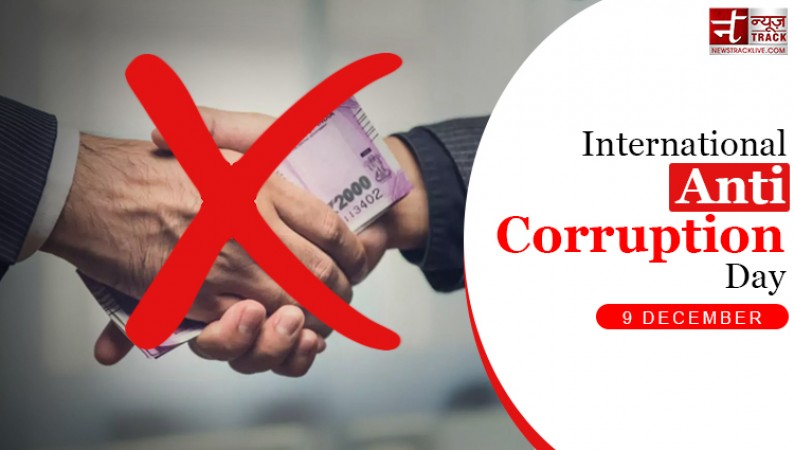
International AntiCorruption Day 2023: Every year on December 9th, the world comes together to observe International Anti-Corruption Day. This day serves as a reminder of the detrimental impact that corruption has on societies and economies globally, while also highlighting the need for concerted efforts to combat this pervasive issue. Established by the United Nations General Assembly in 2003, this day aims to raise awareness about the far-reaching effects of corruption and to promote the importance of integrity, transparency, and accountability in all facets of life.
Corruption manifests itself in various forms, including bribery, embezzlement, nepotism, and misuse of power. It corrodes the fabric of societies, weakens institutions, hampers economic development, and undermines the rule of law. Its consequences are severe and wide-ranging, affecting both developed and developing nations. From obstructing access to essential services such as healthcare and education to distorting fair market competition and impeding sustainable development initiatives, corruption poses a significant threat to progress and stability worldwide.
The theme for International Anti-Corruption Day changes annually, focusing on different aspects and challenges associated with combating corruption. Governments, organizations, civil society groups, and individuals worldwide use this day to organize events, campaigns, seminars, and discussions aimed at raising awareness, sharing best practices, and advocating for anti-corruption measures.
One of the cornerstones in the fight against corruption is the United Nations Convention against Corruption (UNCAC), adopted in 2003, which provides a comprehensive framework for preventing corruption, prosecuting offenders, and recovering stolen assets. The UNCAC encourages countries to implement measures promoting transparency, accountability, and ethical conduct in both the public and private sectors.
Efforts to combat corruption extend beyond legal frameworks. Education, public awareness campaigns, and fostering a culture of integrity play a crucial role in preventing corrupt practices. Promoting ethical leadership, strengthening institutions, empowering whistleblowers, and ensuring a free and independent media are vital components of an effective anti-corruption strategy.
The COVID-19 pandemic has exacerbated the challenges posed by corruption, with reports highlighting increased corruption risks in emergency response measures and healthcare systems. As countries strive to recover from the pandemic's impact, it becomes even more crucial to prioritize transparency and accountability in the allocation of resources and aid.
Individuals also have a role to play in the fight against corruption. By refusing to engage in corrupt practices, reporting instances of corruption, and demanding accountability from leaders and institutions, citizens contribute significantly to fostering a culture of integrity and accountability.
On this International Anti-Corruption Day, let us reaffirm our commitment to combating corruption in all its forms. By working together, embracing transparency, and holding ourselves and others accountable, we can create a world where integrity prevails, institutions are trustworthy, and opportunities are equitable for all.
As we mark this day, let us reflect on the importance of collective action in tackling corruption, for a future where justice, fairness, and integrity prevail, fostering sustainable development and prosperity for generations to come.
This Day That Year: Pearl Harbor Attack, The Infamous Day that Changed History